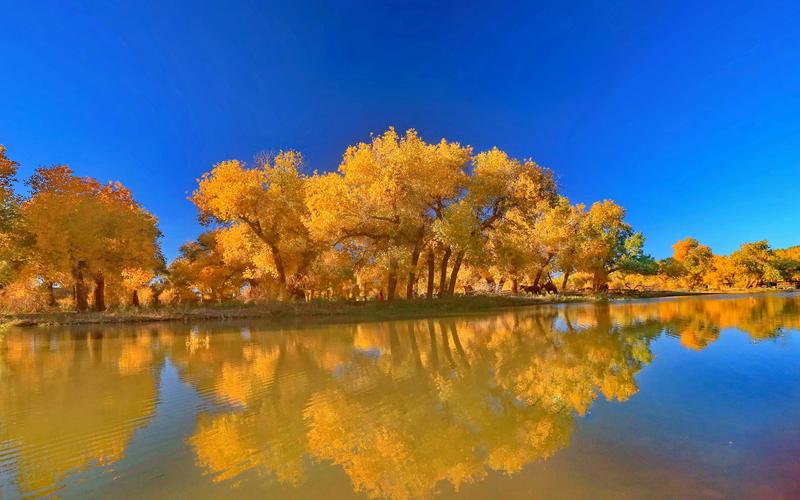The world of popular culture and media has a significant impact on human geography. In today’s globalized world, it’s essential to understand how popular culture influences geography and vice versa. Popular culture such as music, movies, TV shows, fashion, and social media have a profound impact on our perceptions, ideas, and values. Furthermore, they shape our behaviors and attitudes, which in turn affect urbanization patterns, migration, tourism, and more.
One way in which popular culture influences human geography is through the tourism industry. Tourists’ decisions on which destinations to visit are often influenced by popular media representations of different regions. For example, a popular TV show or movie that is set in a particular city can attract tourists interested in visiting the places they’ve seen on screen. Similarly, music festivals or sporting events can also draw large crowds who want to experience a destination in a specific way.
Moreover, popular culture can shape migration patterns. People tend to move to areas that are culturally familiar, and popular media plays a significant role in shaping our cultural preferences. The prevalence of social media also means that people are more informed about different countries, cities, and cultures. This knowledge can influence their decisions about where to live, work, or study.
In addition to influencing tourism and migration, popular culture also shapes urbanization patterns. Popular music and fashion trends, for example, can have a significant impact on the development of cultural districts and creative industries. The prevalence of social media and online networks means that cultural trends can spread more quickly and influence urban growth and development.
It’s worth noting that popular culture is not just a one-way street. Like human geography, popular culture is also shaped by local and regional contexts. Regions with unique cultural expressions, traditions, and languages can create their popular culture that can influence popular media and vice versa. For example, the rise of K-pop is an example of how a region’s subculture became a global phenomenon, shaping popular culture worldwide.
In conclusion, popular culture has a profound impact on human geography, from shaping tourism patterns to influencing urbanization and migration patterns. It’s essential to understand and analyze this relationship to better understand our world’s cultural and economic development. As the globalized world continues to evolve, the impact of popular culture on human geography is likely to remain a crucial area of study.
(Note: Do you have knowledge or insights to share? Unlock new opportunities and expand your reach by joining our authors team. Click Registration to join us and share your expertise with our readers.)
Speech tips:
Please note that any statements involving politics will not be approved.
